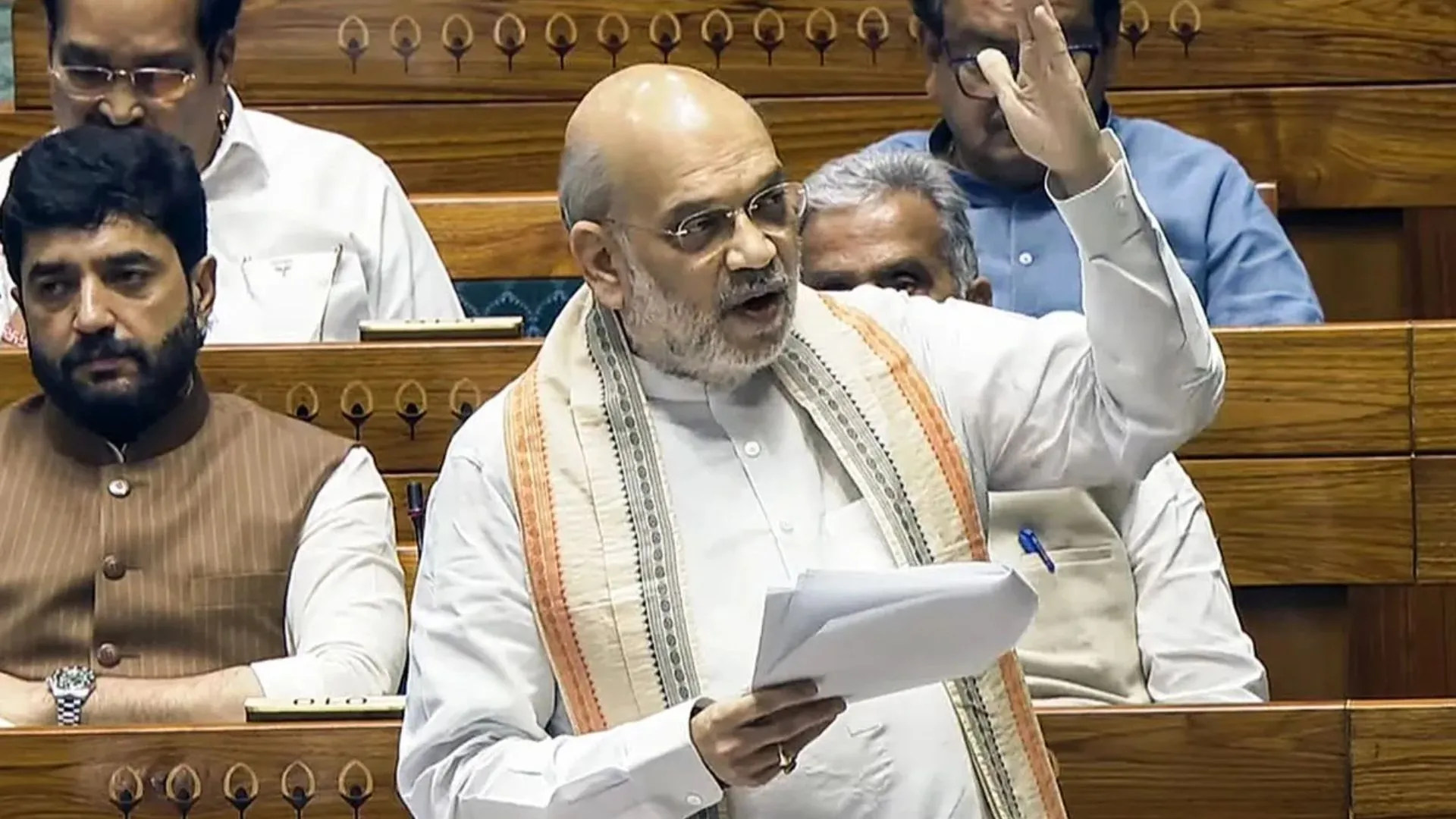Abdul Rehman Makki, a key figure associated with the 2008 Mumbai terror attacks, passed away on Friday after suffering a heart attack in Lahore, Pakistan. The 67-year-old was undergoing treatment for diabetes at a private hospital in the city when he succumbed to the cardiac arrest. Makki, the deputy chief of the banned terror organization Jamaat-ud-Dawa (JuD), had been in poor health for the past few days, according to a JuD official.
Makki, a brother-in-law of Hafiz Saeed, the alleged mastermind behind the 26/11 attacks, had been a prominent figure in Pakistan’s Lashkar-e-Taiba (LeT), the group responsible for the massacre. The terror attack, which took place on November 26, 2008, resulted in the deaths of over 170 people, leaving the city of Mumbai in shock. Makki’s role in the attack and his connections with Saeed placed him at the center of various international investigations.
Conviction and Low Profile
Following his involvement in terror financing, Makki had been sentenced to six months in prison by an anti-terrorism court in 2020. He had largely kept a low profile after the conviction. However, his death comes amid ongoing tensions between India and Pakistan over the legacy of the 26/11 attacks and the continued presence of individuals associated with the attacks in Pakistan.
In 2023, Makki was designated a global terrorist by the United Nations, subjecting him to various sanctions, including asset freezes, travel bans, and an arms embargo. His death has brought renewed attention to the long-standing issue of Pakistan harboring terrorists involved in attacks against India.
Makki’s passing also marks a somber moment as it coincides with the 16th anniversary of the 26/11 attacks, a dark chapter in India’s history. While the memories of that fateful day remain fresh in the minds of the victims’ families, the international community continues to hold Pakistan accountable for not fully addressing the terror network that orchestrated the attacks.
Pakistan’s Statement and Continued Controversies
The Pakistan Mutahida Muslim League (PMML) issued a statement following Makki’s death, praising him as a staunch advocate for Pakistan’s ideology. Meanwhile, his death comes after rumors in April about the hospitalization of Hafiz Saeed, the mastermind of the 2008 attacks, and a statement by Pakistan’s government in January accusing India of orchestrating attacks against terrorists on its soil, a claim that was denied by India’s Ministry of External Affairs.
As the world reflects on the tragic legacy of the 26/11 attacks, Abdul Rehman Makki’s death serves as a reminder of the ongoing challenges in addressing terrorism and securing justice for the victims of that dark day.























